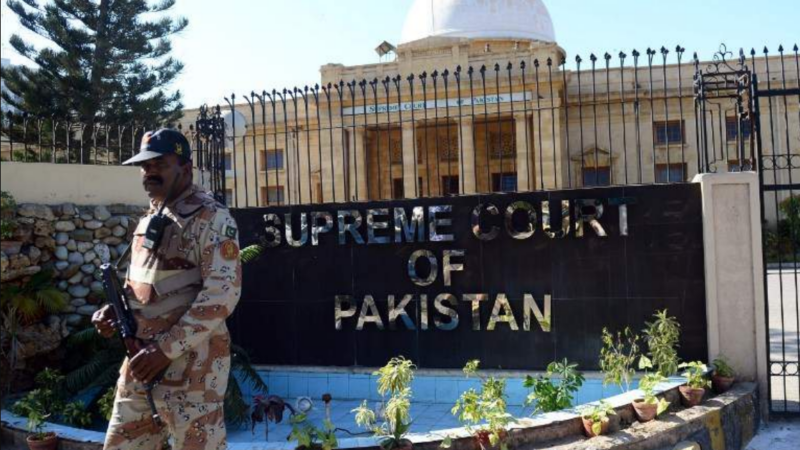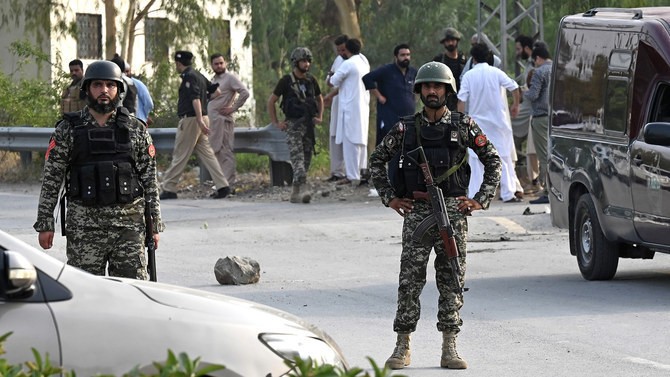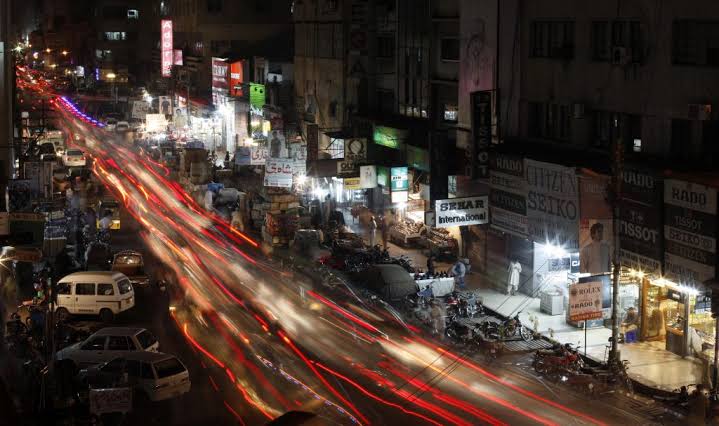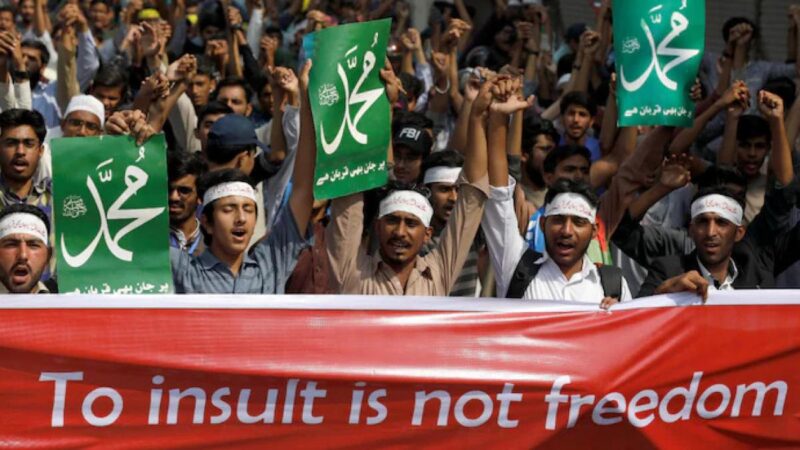Pakistan Yields “strategic Depth” To Its Rebels
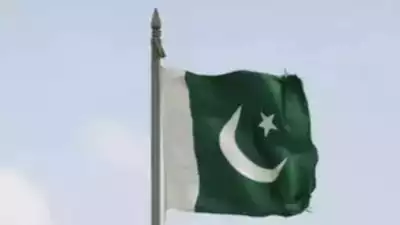
In this century’s most glaring geopolitical irony, Pakistan, which hosted the Taliban for two decades to secure “strategic depth” in Afghanistan – an advantage over India and other neighbours — has yielded it to Kabul’s new rulers. And worse, the principal beneficiaries are Pakistani militants.
That ‘depth’ is also ideological. Tehreek-e-Taliban Pakistan (TTP) is “under the ‘bayt’ (oath) in jihadist terms” to the head of the Afghan Taliban and to the Islamic Emirate of Afghanistan, says a new study published by Dawn newspaper (July 10, 2023).
It says that (TTP), the umbrella group of Pakistan’s militants has grown exponentially. It has organised itself into different ‘wilayah’ or units in each Pakistani province.
“With the return of the Afghan Taliban to Kabul on August 15, 2021, the TTP was seemingly emboldened, both ideologically and operationally. Since then, the group actively started a process of re-inventing itself, shifting from a ragtag militia to a full-blown insurgency, culminating in January 2023 with the adoption of a new administrative and operational structure, which saw the group being remodelled on the contours of the hierarchy of the Afghan Taliban.
“For their part, the Afghan Taliban were utilising the TTP as an extension of their administrative structure in the tribal areas. As TTP is under the Bayt (oath) of the so-called Islamic Emirate, they are by default providing the rulers of Kabul a certain strategic and ideological depth into Pakistan, a specular phenomenon that Islamabad once used to earnestly seek with regard to Afghanistan.”
“But the most obvious link between the two entities is the spiritual hierarchy. The TTP emir is under the direct Bayt of the Afghan Taliban Supreme Leader Haibatullah Akhundzada,” says the study by Iftikhar Firdous, Riccardo Valle and Ihsanullah Tipu Mehsud. The authors are associated with The Khorasan Diary, an Islamabad-based digital news and research platform of which Firdous is the editor.
The authors note that “In a video released in Dec 2021, TTP leader Noor Wali Mehsud stated that the group was an extension of the Afghan Taliban into Pakistan. The newly-released United Nations Security Council (UNSC) Analytical Support and Sanctions Monitoring Team report on Afghanistan also mentions that: “The [Afghan] Taliban does not consider TTP a threat to Afghanistan, but rather as part of the emirate.”
They say the TTP is part of the plans drawn in end-2020 by the Afghan Taliban while they were still fighting to regain power. Eighteen commissions acted like ministries, encompassing all aspects of governance, including political, economic, media, and culture. The TTP unveiled its once the Taliban consolidated power and envisaged TTP’s expansion into Pakistan. The TTP made bold to announce them this year after ending the ceasefire last December unilaterally.
“In February of this year, the TTP announced a new organisational structure, comprising two zones — north and south — where nine administrative and operational units (wilayahs or shadow provinces) were established. Among these, seven units covered the province of KP, one was located in Gilgit- Baltistan and another in the Pashtun-dominated Zhob division of Balochistan.
“In June, another unit was established, also in Balochistan, for the areas of Qalat and Makran, marking the first organised, territorial foothold of the TTP in a non-Pashtun majority area of the province. Additionally, two new administrative units were also established in Punjab — north and south — potentially expanding the operational horizons of the group in urban centres.
“Every province is headed by a shadow governor and at least a deputy, as well as supervised by an intelligence officer, following the model of the Afghan Taliban.”
The TTP has of late made bold comments on issues confronting Pakistan. “Pakistan’s internal dynamics are also ripe for these groups since insurgencies thrive on turmoil and chaos and can gain strength from political, economic, and social uncertainty.”
The study traces the progress of the talks that the Pakistan Government held with the TTP on the plans to rehabilitate them back in their homes on the Pakistan territory. The government estimate 30,000 TTP men with their families on Afghan soil.
The talks were seen as progressing well and were announced by President Arif Alvi and then Prime Minister Imran Khan. The government side was led by Lt. Gen. Faiz Hamid, then ISI chief. The authors say the progress ‘slowed’ after the general was shifted out of ISI. The general, who had played a key role in the formation of the current government in Kabul, became controversial and retired last November. Critical of the way talks have been held, they say: “The threat of religious militancy is not going away any time soon; expecting a two-decade-long conflict to be fixed with interventions spanning weeks or months is somewhat delusional.”

